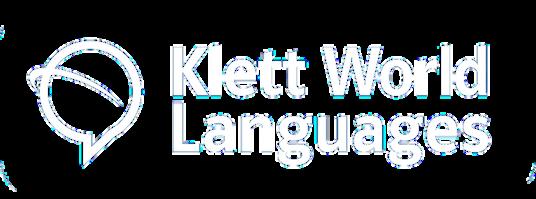

STATE FUNDING:
Illinois Supports Education & World Languages

ThefollowinginformationhighlightshowIllinoischampionsK-12 educationandbeyondaswellaspotentialfundingsourcestosupport worldlanguageinitiatives.
AmericaRescuePlan(ARP)ESSER:
Depending on the State and whether its Department of Education formally requested an extension from the U.S. Department of Education, school districts may extend the spending timelines to April 2026 to complete a project. However, funds still must be allocated by September 30, 2024. Because ARP ESSER may fund any activity authorized by the Elementary and Secondary Education Act (ESEA), it can fund world language programs.
Illinois was allocated some $7 billion in ARP Elementary and Secondary School Emergency Relief (ESSER) funds. Learn more about how the Illinois Department of Education is using these funds here.
BipartisanSaferCommunitiesAct (BSCA)and21stCenturyCommunity LearningCenters(21stCCLC):
The Bipartisan Safer Communities Act (BSCA) was signed into law last year, which provides funds to support States and school districts in designing initiatives to promote safer, more inclusive, and positive school environments. While most of this funding is dedicated to safer and healthier learning environments, the BSCA also directs an additional $50 million to the Nita M. Lowey 21st Century Community Learning Centers (21st CCLC) program.
The 21st CCLC program funds academic enrichment activities during non-school hours including before and after school as well as summer. Programs typically include tutoring, literacy, and other core
subjects along with youth development activities, prevention programs, the arts, technology, and so forth. This additional funding focuses on after-school and summer learning programs for middle. and high school students. The 21st CCLC program may offer a way to include world language programs and activities if they can be linked to non-school hours. Learn more about Illinois’s 21st CCLC program here
TitleIV,PartAStudentSupportand AcademicEnrichmentProgram:
This fund uniquely increases the capacity of states, local education agencies (LEAs), schools, and local communities to (1) provide all students with access to a wellrounded education, (2) improve school conditions for student learning, and (3) improve the use of technology to improve the academic achievement and digital literacy of all students. Budgets must align with the following formula: at least 20% for Well-Rounded Education (WRE), at least 20% for Safe and Healthy Schools (SHS), and some portion for Effective Use of Technology (EUT). LEAs may spend no more than 15% of EUT funds on technology infrastructure purchases. World languages is an approved activity included under WRE. Learn more about Illinois’s initiatives here.
WorldLanguageAdvancementand ReadinessProgram(WLARP):
As part of the Department of Defense Education Activity (DoDEA), discretionary grants are awarded to establish, improve, or expand elementary and secondary school world language offerings.
Grant funding is typically awarded for five years. Funding can vary but ranges from a minimum of $500,000 to a maximum of $2 million. According to the DoDEA, local public school districts across the United States that have at least one school with a 10% military-connected student population, are eligible to apply for the competitive DoDEA grant program.
For more information to help plan for the next funding cycle, use this link to Grants.gov.
FoundationGrants:
Although world languages may not be explicitly included in a foundation's listed funding goals, it is important to note that funding opportunities can still exist through engagement with individual donors associated with the organization.
The Grantsmanship Center: Publishes a list of prescreened foundations and corporations with active giving programs in your state. See Illinois’ list of top giving foundations here and a list of corporate giving programs here.
Exclusivetohighereducation:
The U.S. Department of Education, Office of Postsecondary Education, International and Foreign Language Education (IFLE) office administers programs that strengthen foreign language instruction, area/international studies teaching and research, professional development for educators, and curriculum development at the K-12, graduate, and postsecondary levels.
Title VI programs offer domestic grants to institutions of higher education to develop and maintain capacity and performance in area/international studies and world languages.
Fulbright-Hays programs provide overseas funding to current and prospective U.S. educators to participate in advanced overseas study and research.
Learn more about these higher education programs here.
